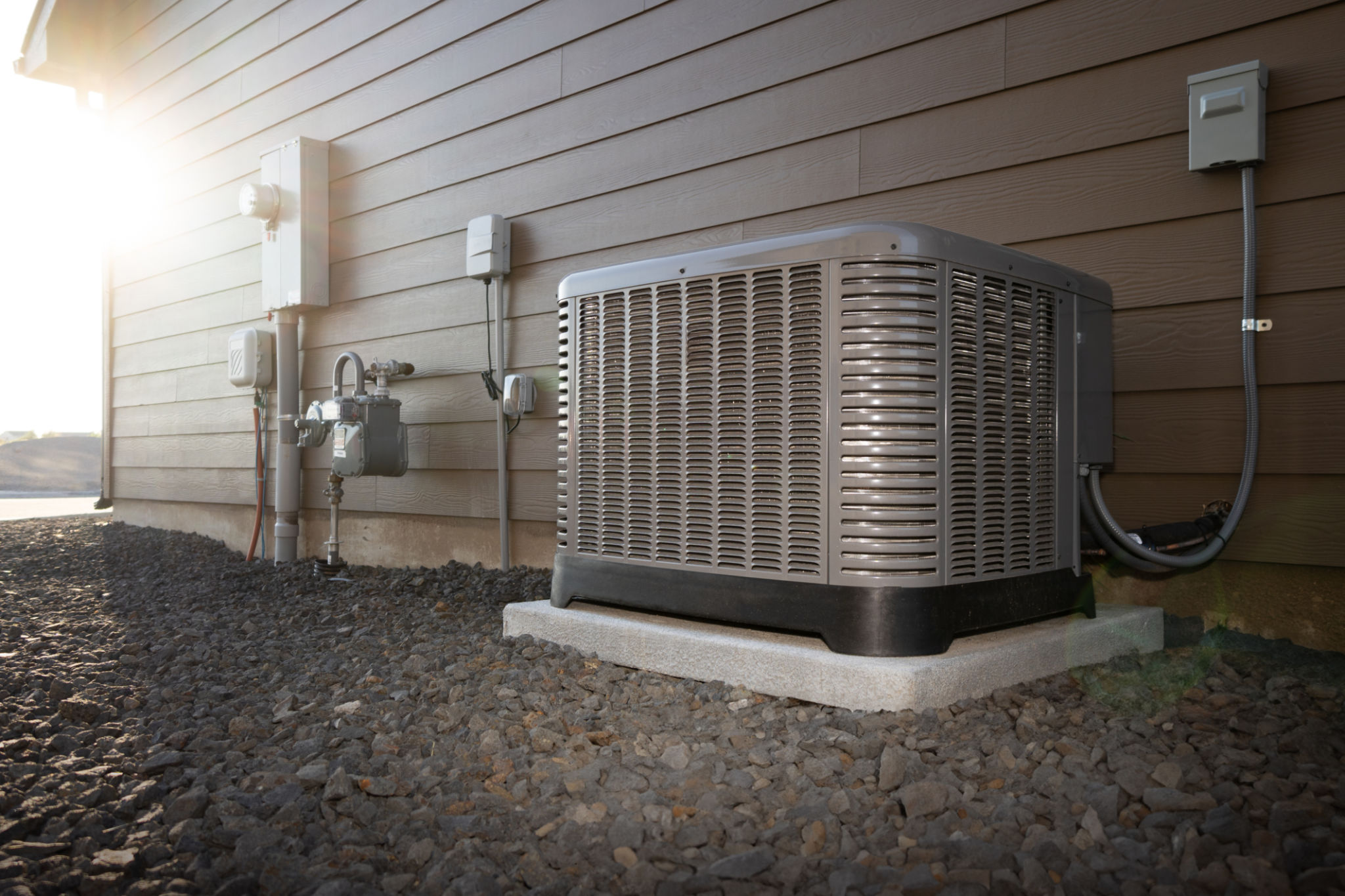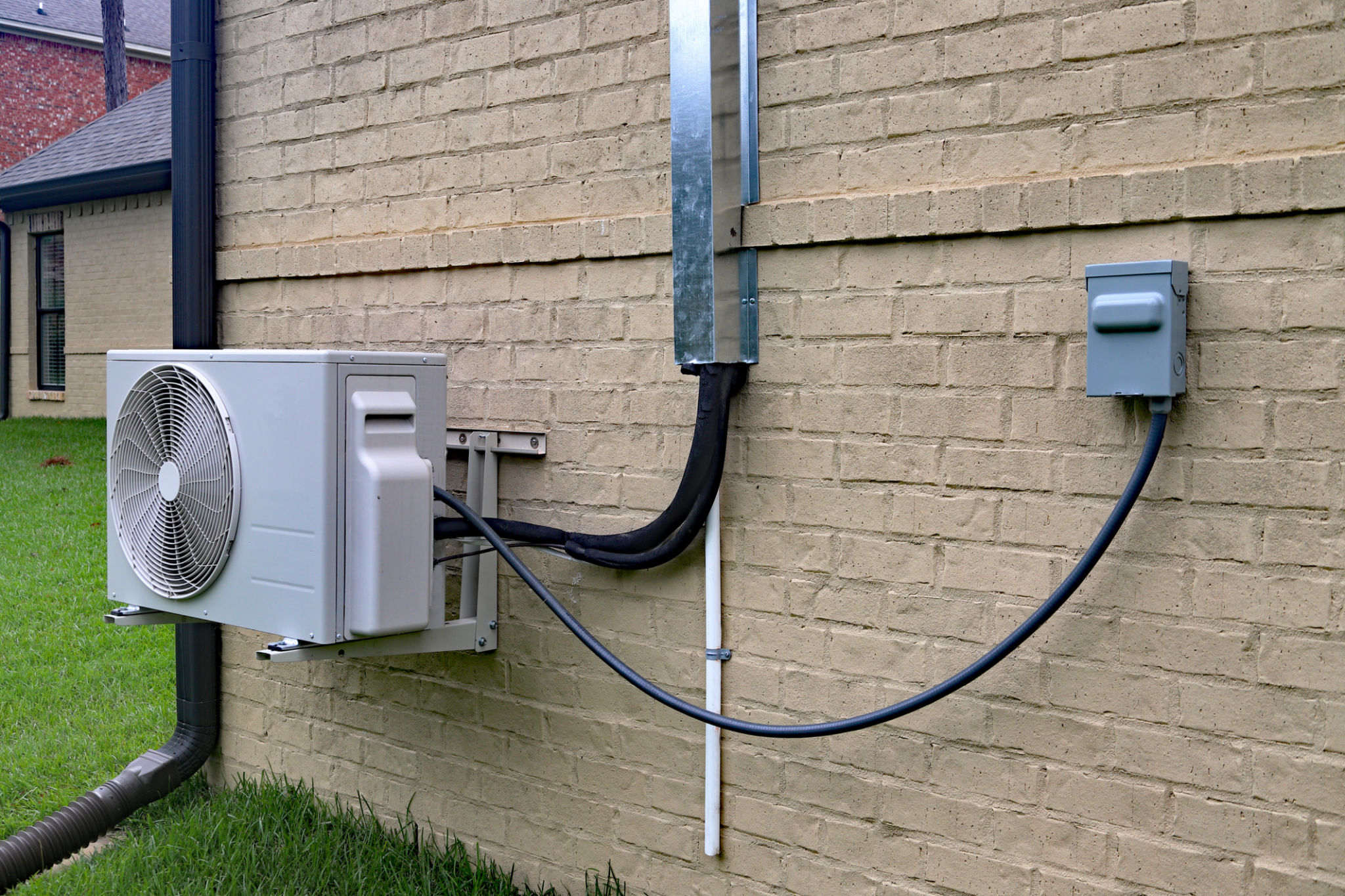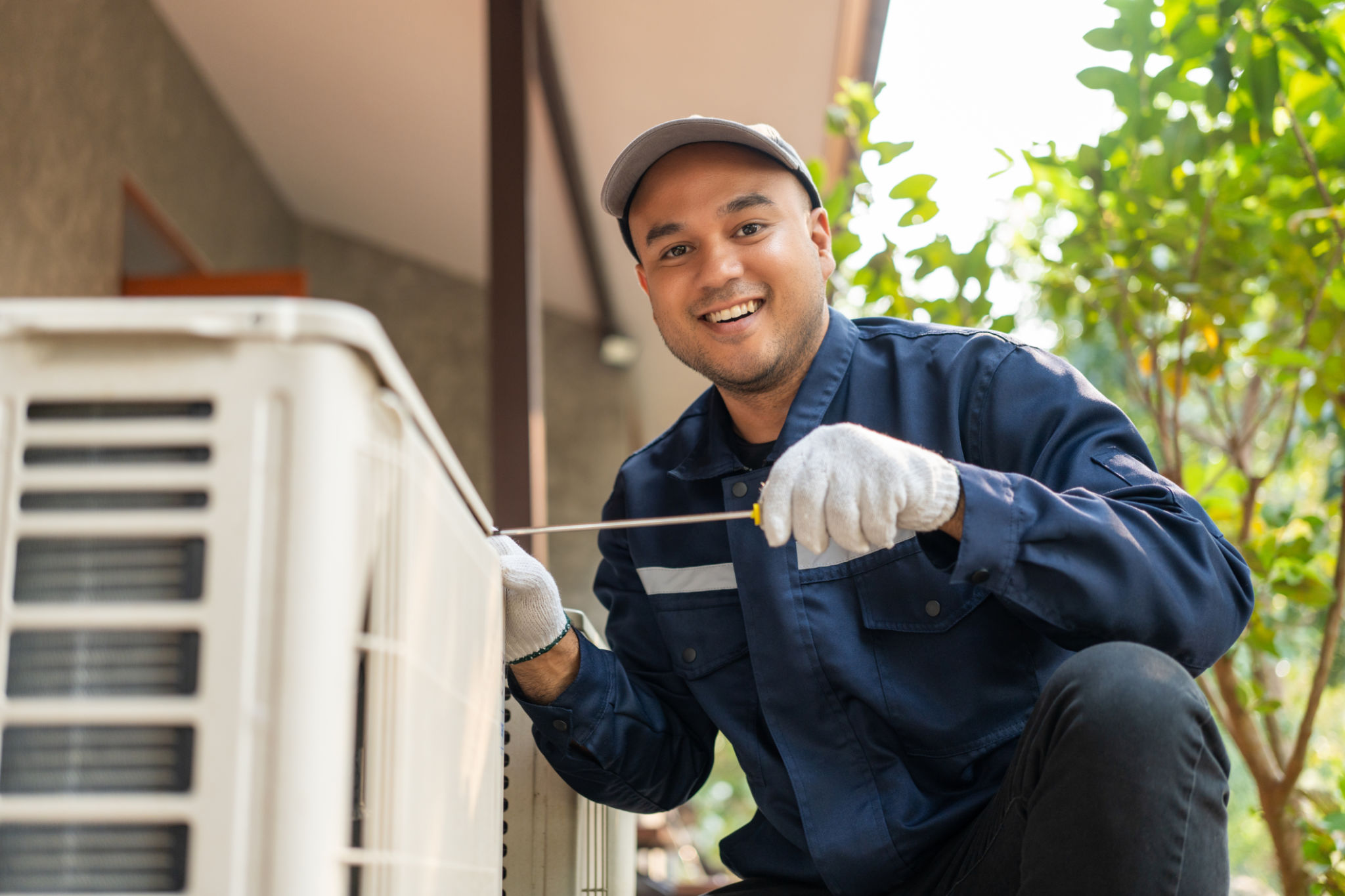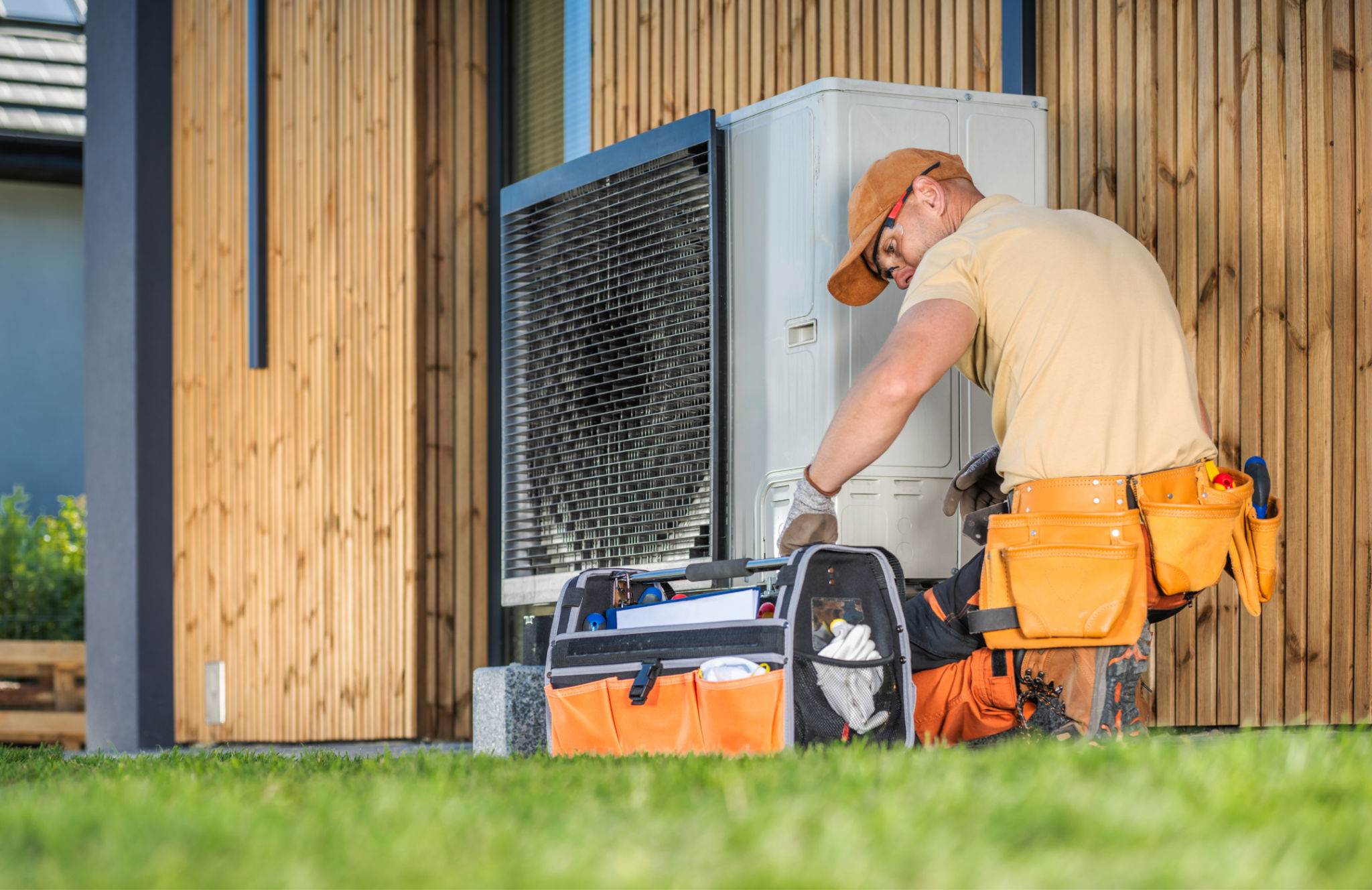Comprehensive Guide to Air Conditioning Installations in Nelson Mandela Bay
Understanding Air Conditioning Needs
When considering air conditioning installations in Nelson Mandela Bay, it's important to first understand the specific needs of your space. The climate in this region can be quite variable, making it essential to choose a system that provides both cooling and heating options. Evaluating the size and layout of your property will help determine the capacity and type of air conditioning unit required.
Additionally, consider your lifestyle and usage patterns. If you're often at home during the hottest parts of the day, investing in a more energy-efficient system might be beneficial. Energy efficiency not only helps reduce utility bills but also minimizes your environmental footprint.

Types of Air Conditioning Systems
There are several types of air conditioning systems available, each suited to different needs and preferences. Here are a few popular options:
- Split System: Ideal for individual rooms or open-plan areas, these units are known for their quiet operation and energy efficiency.
- Ducted System: Suitable for whole-home solutions, ducted systems offer discreet air distribution through vents in the ceiling or floor.
- Multi-Split System: Perfect for homes with multiple rooms requiring independent temperature control.
- Portable Air Conditioners: These are versatile and can be moved from room to room as needed, though they are less efficient than fixed systems.

Choosing the Right Installation Company
Selecting a reliable air conditioning installation company in Nelson Mandela Bay is crucial for ensuring a hassle-free experience. Look for companies with strong reputations, positive customer reviews, and relevant certifications. Experienced installers will conduct a thorough assessment of your property and recommend the best system based on your needs and budget.
It's also important to verify that the company offers after-sales support, including maintenance and repair services. This ensures that any issues can be swiftly addressed, keeping your system running smoothly year-round.

The Installation Process
The installation process for an air conditioning system typically involves several steps. Initially, the installer will conduct a site survey to determine the optimal location for the unit, considering factors such as sun exposure and ventilation. Following this, any necessary electrical work is completed before mounting the indoor and outdoor units.
Once installed, the system is tested to ensure it operates efficiently. The installer should provide guidance on using the system effectively, including setting temperatures and utilizing programmable features for energy savings.
Ensuring Energy Efficiency
Energy efficiency is a critical consideration for air conditioning installations. Opt for units with high energy ratings, as these models consume less electricity while delivering optimal performance. Additionally, regular maintenance plays a significant role in maintaining efficiency. Simple tasks like cleaning filters and ensuring clear airflow around the outdoor unit can make a big difference.

Maintenance Tips
Regular maintenance is key to prolonging the lifespan of your air conditioning system. Schedule annual inspections with a professional to check for refrigerant levels, leaks, and other potential issues. In between professional visits, you can perform simple maintenance tasks such as:
- Cleaning or replacing filters regularly to ensure unobstructed airflow.
- Keeping the outdoor unit free from debris and vegetation.
- Checking for unusual noises or performance issues and contacting an expert if needed.
The Benefits of Professional Installation
Opting for professional installation offers numerous advantages over attempting a DIY approach. Qualified technicians have the expertise to ensure that installations meet local building codes and safety standards. They also possess the knowledge to maximize system efficiency through precise calibration and setup.
A professionally installed system not only performs better but also tends to have fewer breakdowns and a longer lifespan, providing peace of mind and financial savings over time.
